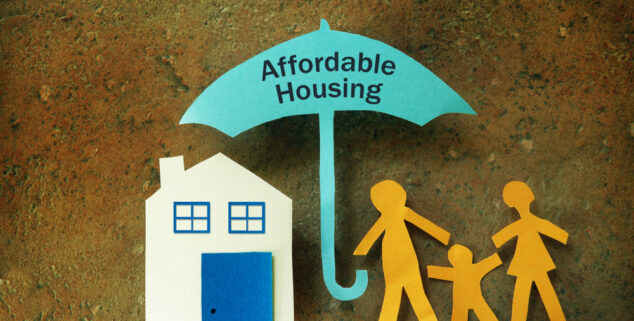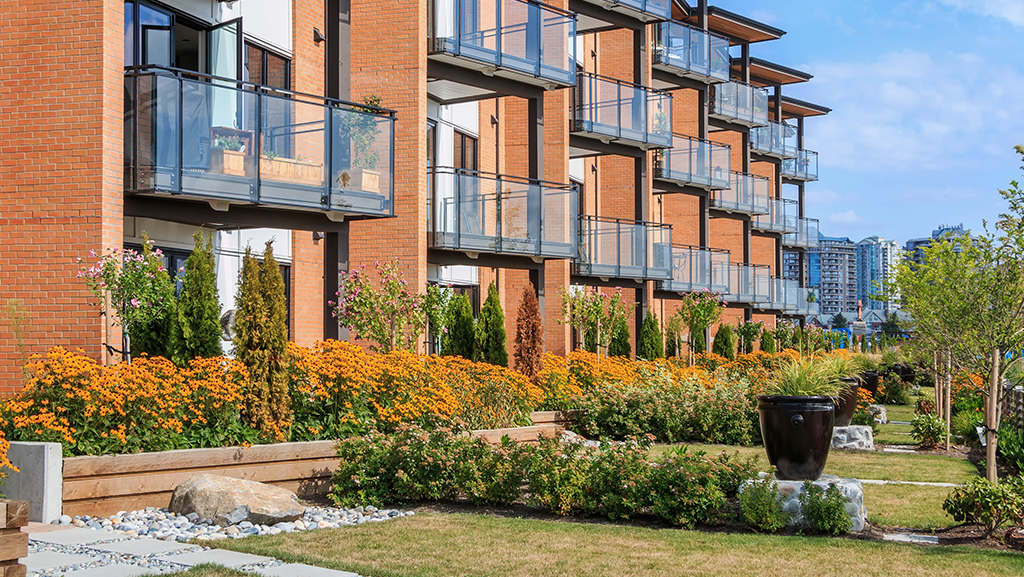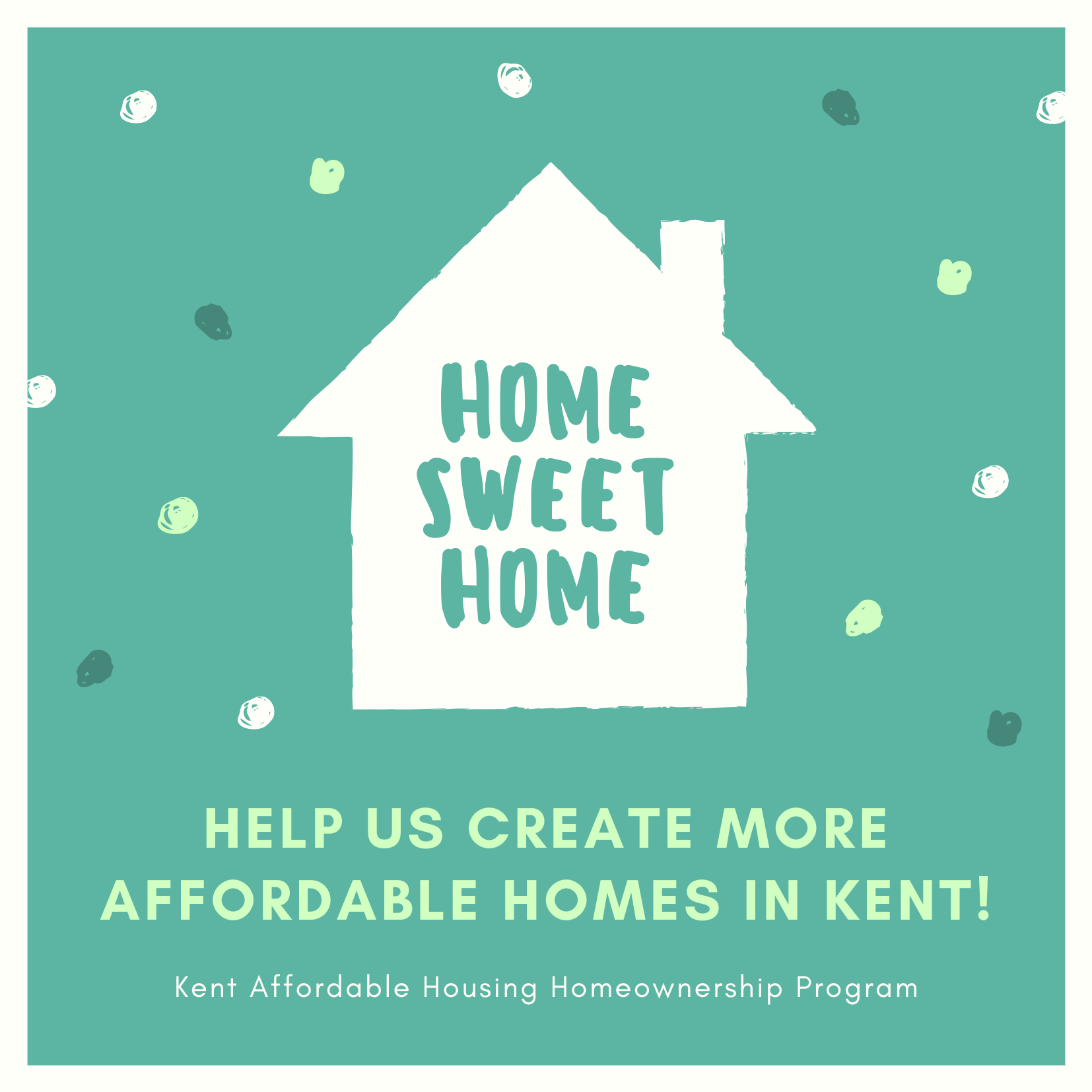Affordable Homeownership: Opening the Path to The Dream Home
Affordable Homeownership: Opening the Path to The Dream Home
Blog Article
Budget-friendly Homeownership Options for First-Time Homebuyers
As the real estate market remains to advance, new homebuyers encounter distinct challenges in securing inexpensive homeownership options. Numerous sources, consisting of federal government assistance programs, low-down-payment home loans, and targeted gives, have actually emerged to minimize economic pressures. These campaigns not just promote homeownership however likewise foster neighborhood security and economic growth. Nonetheless, browsing these alternatives can be intricate, and understanding which pathways are most useful requires careful consideration. What techniques can prospective homeowners use to optimize their opportunities in this landscape?
Government Aid Programs
Federal government assistance programs play a vital function in making homeownership obtainable for several individuals and households. These programs intend to alleviate the economic concern connected with acquiring a home, particularly for newbie purchasers. By providing financial assistance, gives, and tax incentives, federal government efforts assist connect the gap in between rising housing costs and the buying power of prospective homeowners.
Numerous programs are available at the government, state, and local degrees. The Federal Housing Management (FHA) gives insurance coverage on finances, allowing lending institutions to use more favorable terms, such as reduced down repayments and reduced passion rates. In addition, state and city governments often have their very own initiatives, which may consist of down payment support programs, property buyer education and learning courses, and positive home loan terms.
These programs are designed to resolve the special challenges dealt with by reduced- to moderate-income households, consisting of limited cost savings and credit scores background. By cultivating a setting where homeownership is more available, government aid programs not only support specific ambitions yet additionally add to community security and financial development. Comprehending and using these resources can dramatically enhance the prospects of effective homeownership.
Low-Down-Payment Mortgages
For many hopeful property owners, low-down-payment home mortgages offer a sensible path to homeownership, particularly in today's difficult housing market. These mortgage choices usually call for down settlements varying from 3% to 5%, making it simpler for first-time customers to enter the market without the worry of conserving for a substantial deposit.
Numerous lenders offer low-down-payment programs, including traditional finances backed by Fannie Mae and Freddie Mac, in addition to government-backed options like FHA loans. These home loans are made to fit individuals with restricted cost savings while still offering competitive rates of interest. Importantly, they allow buyers to keep even more cash for various other vital costs, such as relocating expenses, home evaluations, and potential renovations.
Nonetheless, possible homeowners must be conscious of the trade-offs connected with low-down-payment mortgages. A smaller sized deposit might cause higher month-to-month repayments and the requirement of personal mortgage insurance policy (PMI), which safeguards lenders in case of default. It is essential for first-time buyers to conduct complete study and seek advice from with home loan experts, ensuring they choose a low-down-payment alternative that lines up with their long-lasting financial objectives.
First-Time Property Buyer Grants
Numerous new homebuyers find that grants can substantially relieve the monetary concern of purchasing a home, matching low-down-payment home mortgage options. These gives, often offered by state and charitable companies or local federal governments, provide economic assistance that does not call for settlement, making them an appealing alternative for those entering the real estate market.
Qualification for new homebuyer gives commonly relies on revenue, creditworthiness, and the acquisition cost of the home. Lots of programs are developed to help low- to moderate-income families, making sure that support gets to those who need it most. The application process often entails documentation of monetary condition, buyer education and learning programs, and often also a dedication to remain in the home for a particular period.
The amount of help varies widely, with some gives supplying a number of thousand bucks check that to help cover closing prices or deposits. Researching readily available grants in your location is important, as programs regularly change and might have particular demands. By leveraging these monetary sources, first-time buyers can make homeownership a lot more easily accessible, eventually attaining their desire of having a home while mitigating the first economic strain.
Ingenious Community Campaigns
Cutting-edge neighborhood campaigns are playing an essential duty in expanding affordable homeownership choices for residents. These campaigns usually involve collaborative initiatives in between city governments, charitable organizations, and exclusive market stakeholders to develop sustainable housing options customized to community demands.
One notable approach is the facility of neighborhood land trusts (CLTs), which allow homeowners to buy homes while the land stays owned by the trust. This version helps keep price with time and prevents speculative cost boosts. Additionally, CLTs typically provide academic resources and support services to empower new buyers.
An additional effective campaign is the growth of mixed-income real estate jobs, which blend budget friendly systems with market-rate homes. This technique promotes comprehensive neighborhoods and minimizes the preconception usually related to low-income real estate. Additionally, local federal governments are progressively sustaining zoning reforms to assist in the building and construction of accessory dwelling units websites (ADUs), which can supply extra rental earnings for home owners while increasing real estate accessibility.

Tips for Budgeting and Saving

Next, develop a committed cost savings account especially for your future home purchase. Aim to conserve a percentage of your income consistently, preferably 20% or even more, to construct a significant deposit. Make use of automation devices, such as direct deposit or automated transfers, to make conserving simpler and much more constant.
In addition, think about taking on the 50/30/20 guideline: allocate 50% of your earnings to requirements, 30% to desires, and 20% to financial savings and debt repayment - Affordable Homeownership. This method advertises balanced monetary health

Final Thought
In summary, inexpensive homeownership options for new property buyers include different sources such as federal government support programs, low-down-payment home mortgages, and grants. By leveraging these financial tools, people can navigate the complexities of homeownership, inevitably contributing to a much more fair housing browse around here landscape.
As the housing market proceeds to advance, newbie buyers face one-of-a-kind obstacles in safeguarding cost effective homeownership alternatives. By cultivating an environment where homeownership is more accessible, federal government support programs not only support individual desires but also contribute to area stability and financial development. By leveraging these monetary sources, novice buyers can make homeownership a lot more obtainable, inevitably achieving their desire of owning a home while minimizing the preliminary financial strain.
In summary, budget friendly homeownership options for novice buyers encompass various sources such as government aid programs, low-down-payment home mortgages, and grants. By leveraging these monetary tools, individuals can navigate the intricacies of homeownership, inevitably adding to an extra fair real estate landscape.
Report this page